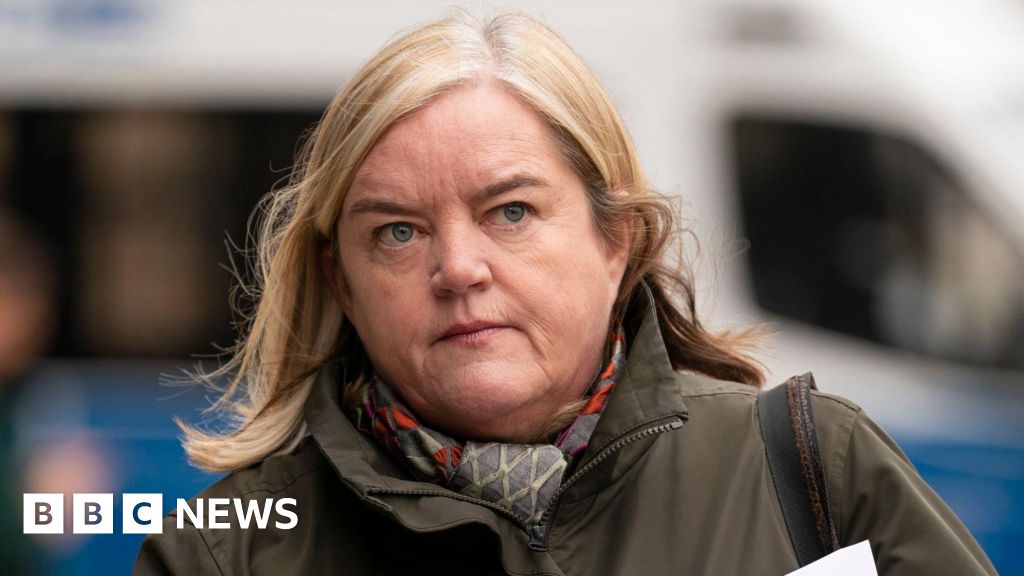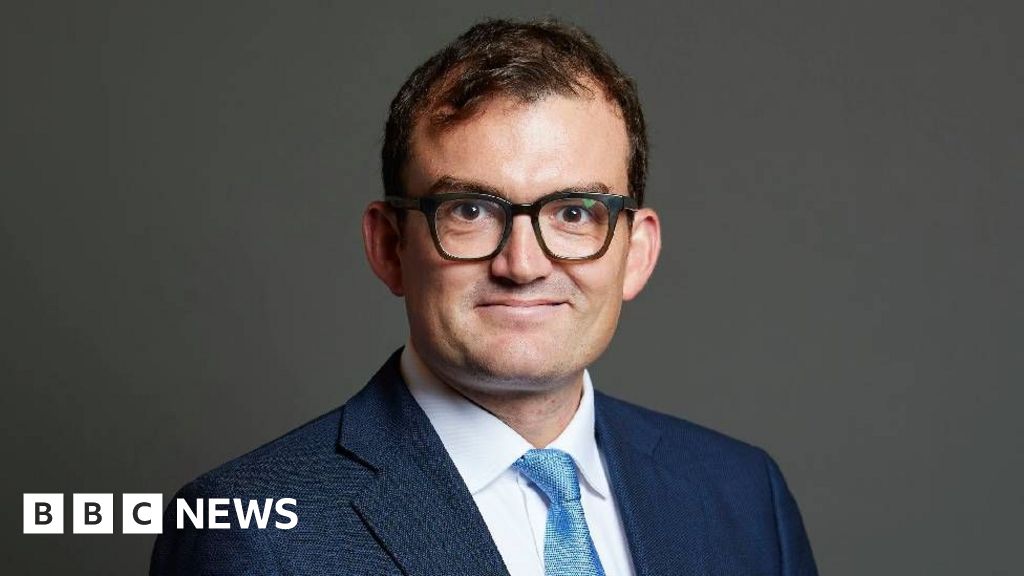ARTICLE AD BOX
Reform UK leader Nigel Farage has revealed he is giving up ownership of the party ahead of its conference this weekend.
Unlike most political parties, Reform was established as a private limited company, with Farage holding the majority of shares.
He said this was done to fast-track the creation of the Brexit Party, now Reform UK, in time for its victory in the 2019 European elections.
The company structure also allowed him to "to stop the party being hijacked by bad people," he told the BBC.
The Clacton MP will continue to be Reform UK's leader but said: "I no longer need to be in control of Reform so I'm surrendering all of my shares."
Two months after getting its first MPs elected, the party is planning a major overhaul of how it is run at its Birmingham conference, with Farage claiming he was "giving ownership of the party and the big decisions over to the members".
For the first time, members will be able to vote on policy motions, including to adopt a new constitution, which sets out party rules and the responsibilities of the leadership.
Reform won 14% of the vote at July's general election and has a foothold in Parliament with five MPs, including Farage.
Farage announced he was returning as leader during the campaign - something he would have been unable do in a party with a more conventional structure, where leaders tend to be elected by members.
Under the proposed new Reform UK constitution, members will be able to remove Farage - or any other party leader - in a no-confidence vote.
A vote can be triggered if 50% of all members write to the chairman requesting a motion of no confidence.
Reform MPs can also force a vote if 50 of them, or 50% of them, write to the chairman requesting one. But this only applies if there are more than 100 Reform MPs in Parliament - a high bar.
Zia Yusuf, the chairman of Reform UK, claimed the party’s membership had jumped by 15,000 since its general election result.
He told the BBC a “surge” had increased the membership to more than 80,000, as the party attempts to build a base of dedicated activists.
He said he “wouldn’t be surprised” if the number of Reform members overtook the Conservative Party in the coming months.
Yusuf, a millionaire former banker who was appointed chairman in July, said there had been “huge enthusiasm” for the party since the general election.
“So what we need to do now is build the infrastructure at grassroots level so that enthusiasm can be converted at the ballot box."
The Conservative Party does not publish its membership figures. But in the most recent Tory leadership contest of 2021, more than 140,000 members voted in an election with a 82% turnout.
Attracting new members is part of Reform’s plan to develop a more formidable party and campaigning machinery to match its political rivals.
Yusuf is leading the process of setting up hundreds of local Reform branches across the UK and growing its pool of activists.

 8 months ago
30
8 months ago
30








 English (US) ·
English (US) ·